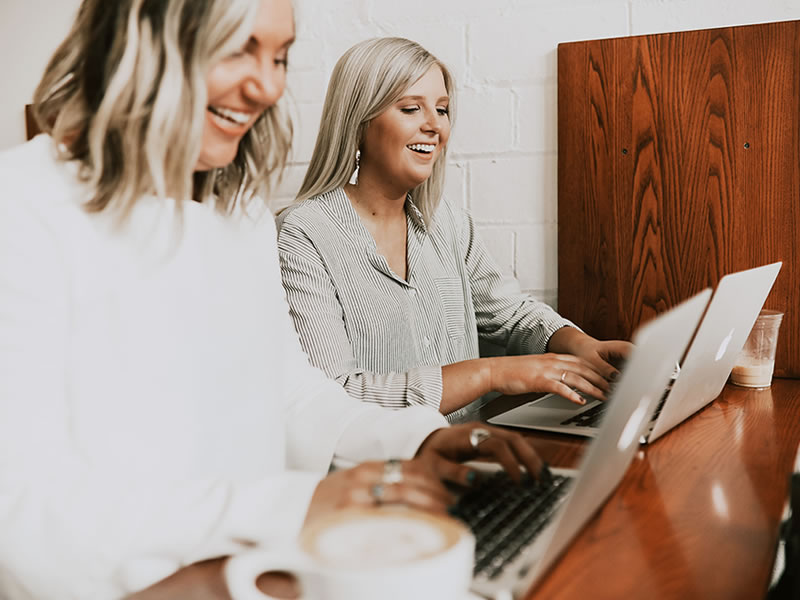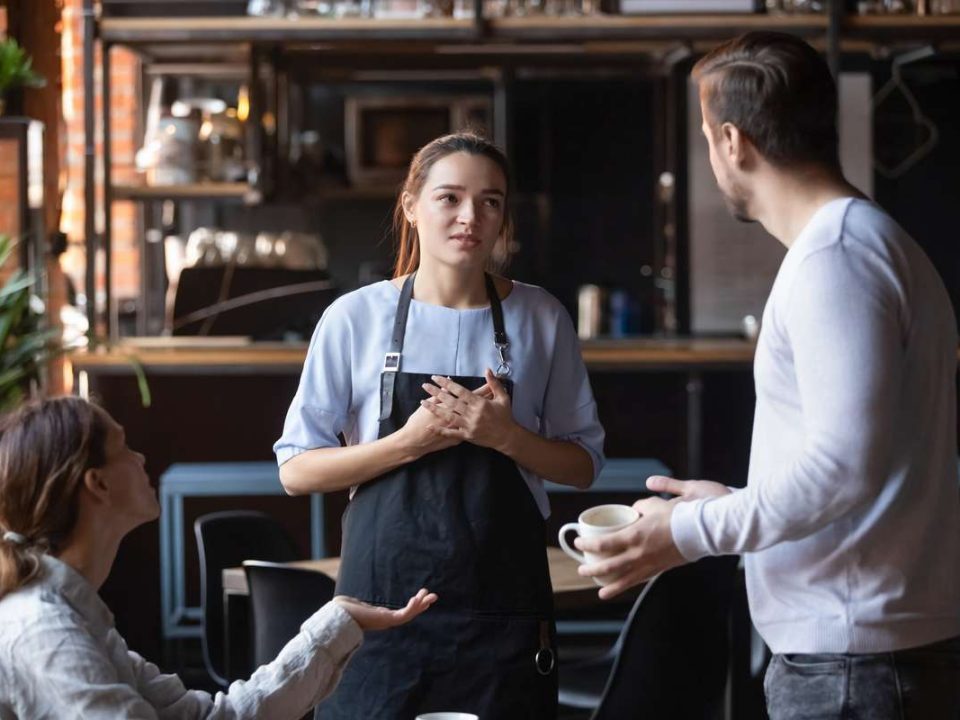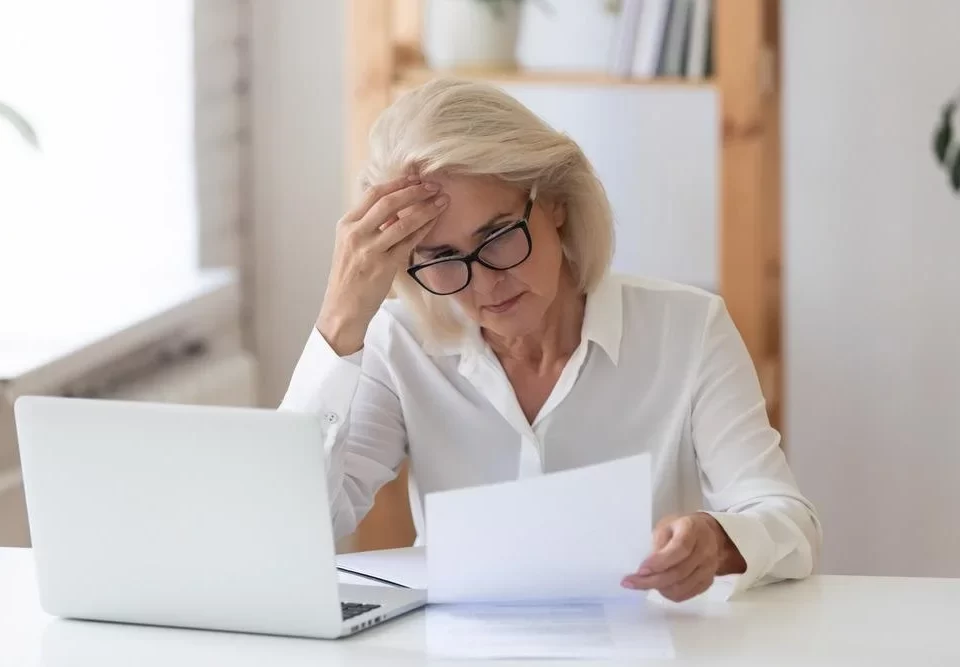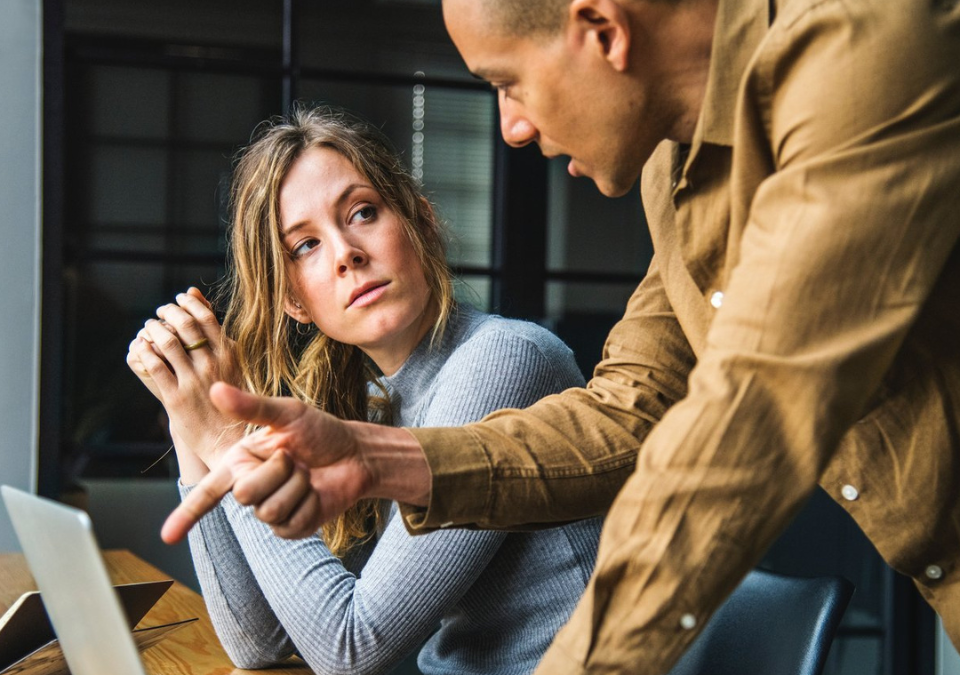Leaning Into The New: How to Adjust to Life Back In The Office
If you feel like you’ve been riding an emotional roller coaster over the last two years you’re certainly not alone.
We are now in what’s referred to as the fourth psychological stage of life after lockdown, the ‘reunion’ phase. First came the ‘confused panic’ where we stockpiled groceries and tried to process the pandemic, followed by the ‘honeymoon period’ where we embraced staying home, baked sourdough, and enjoyed spending more time with our families. Next came ‘resentment’ over extended lockdowns and restrictions to our liberties, and now we’ve landed in the ‘reunion’ phase. In most states in Australia, restrictions are being eased and social activities like inviting friends to our home, celebrating a wedding, and dancing have resumed along with the expectation of life and work getting back to normal.
It’s important to realise ‘COVID-normal’ and ‘pre-COVID normal’ are not the same thing, says Transitioning Well’s Clinical and Counselling Psychologist, Dr. Jillian Bull. “We’re not really going back; we are going forward to a land we’ve never been before.”
Some of us will manage the transition to the ‘new normal’ better than others. Some of us will feel energised at the prospect of resuming travel, career and life plans that have been on hold, while others will feel overwhelmed and disorientated by the uncertainty of snap lockdowns, uncertain travel, and returning to working in the office. We all have a limit to how much uncertainty we can manage, even if we like chaos, taking risks and being spontaneous says Dr. Bull.
“Too much uncertainty can be hard to cope with,” explains Dr. Bull. “Our survival brain likes certainty, predictability and routine; to ensure we mange any threats to our survival it overestimates threats and underestimates our ability to cope.”
“As we move towards the ‘new normal’ we need to counteract our survival brain and balance this by actively focusing on realistically assessing any threats and trusting our abilities to cope.”
Our ability to cope with life after lockdown is dependent on a range of individual factors like our pre-isolation wellbeing, our experiences during isolation, and the strategies we use to navigate our post-lockdown lives. The more change we experienced to our routines, our work, and our relationships during lockdown the harder our transition will be to move forward.
“Uncertainty is part of our new normal,” says Dr. Bull. “Our current challenge is to learn better ways to cope and manage living with ambiguity, change and uncertainty.”
Leaning into the new
“When you look at how polar scientists and astronauts experience re-entry transitions out of isolation, they take time to adjust to social interactions and life” points out Dr. Bull. Although we’re not navigating icebergs or travelling through space, we should also expect our own adjustment to take time.
“Any unpredictability and change we face in our lives require energy to manage,” says Dr. Bull. “We can expect that previously commonplace tasks like commuting, spending time with others, and communicating face-to-face to feel draining as we pivot between hybrid work and snap lockdowns.”
We can help ourselves and our colleagues’ transition back into the office by managing our expectations and assumptions. Expect things to be different, and understand what works for one person may not for another. Now is the time to focus on looking after our mental health, establish healthy self-care practices, be mindful of burnout, and be extra aware and sensitive to how others are coping too.
Lockdown for many of us signalled the need to slow down and enjoy life more, leading us to examine and perhaps re-evaluate our values and how we were leading our pre-COVID lifestyles. Knowing we don’t want to go back to the high-speed and high-pressure lives we once led, can leave us stuck as we try to figure out how to lean into the new normal.
According to Dr. Bull, at times of significant change, we can get stuck in fight, flight or freeze mode. One way we can assist ourselves and others with the adjustment is to be intentional about keeping the good habits we created in lockdown. When the pandemic started, many of us had no choice but to follow stay-at-home orders but now we have choices –and having choices can in some ways be harder. . .
For anyone feeling stuck or struggling with the physical return to the office, Dr. Bull recommends identifying what you enjoyed about working from home (perhaps it was more time with family or creative pursuits like baking bread), and the positives of working in an office (socialising, networking or career progression), and to work out ways to maximise the best of both worlds.
Need support for the transition to hybrid work and return to the office?
Our team of organisational psychologists can help.
Our three-part Hybrid Series ensures your leaders and teams have the best practice strategies for a smooth transition back to the office. Contact us to learn how.



